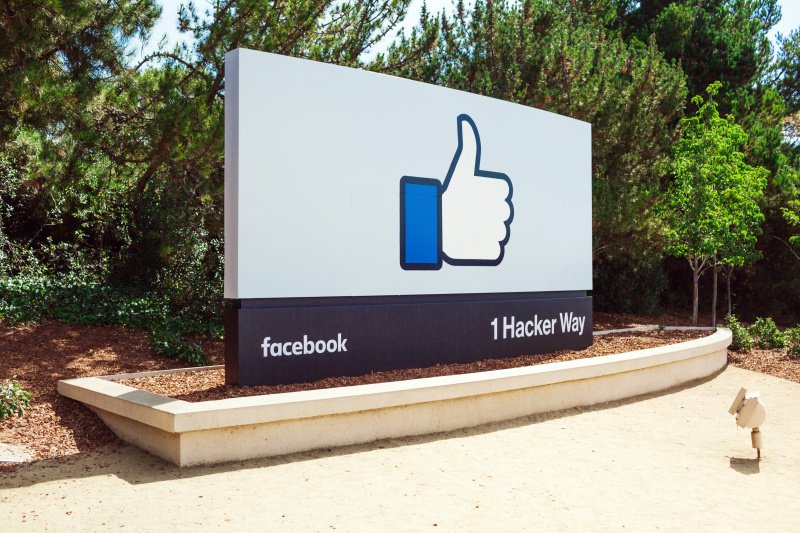
It’s been nearly 14 years since Mark Zuckerberg launched thefacebook.com, a small social network for Harvard students. The website quickly spread to Stanford, the other Ivies, and then the rest of U.S. colleges before taking on the world.
Today, Facebook (NASDAQ: FB) is one of the world’s biggest productivity sinks. Between Facebook, Instagram, Messenger, and WhatsApp, people are spending a ridiculous amount of time on their phones. And I’m willing to bet it’s not all while they’re off the clock. There’s no doubt Facebook has a tremendous effect on our lives today.
Here are 19 Facebook statistics that are hard to believe.
Invest better with The Motley Fool. Get stock recommendations, portfolio guidance, and more from The Motley Fool's premium services.